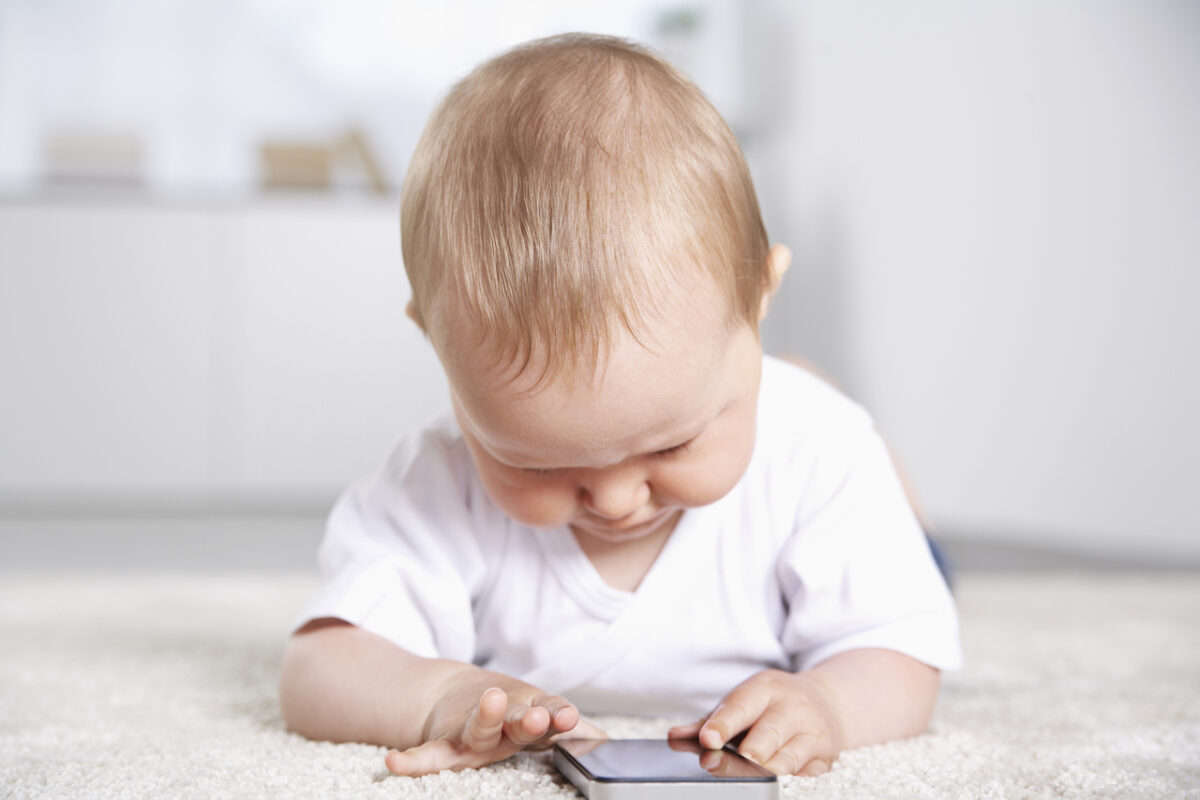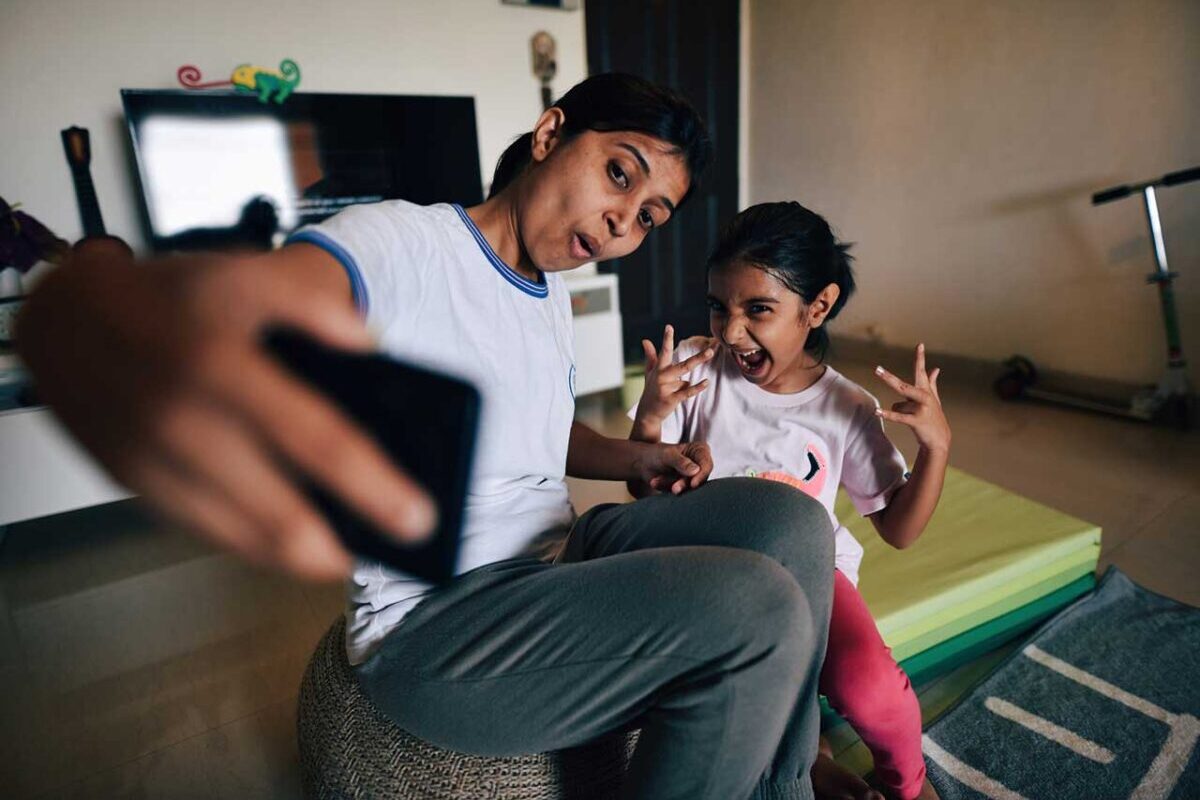I just finished reading the book Baby, Unplugged. The author’s woes and ambivalence about many of technology’s claims of making parenting easier resonated a lot with me. I am anxious about screens and technology more broadly with my son.
The author considered the question of whether phone usage in front of children is our generation’s version of secondhand smoke — a very alarming comparison. I do my best not to use my phone around my 16-month-old son, but I know I need to first work on myself in this regard if I expect him to resist the temptation of screens, too.
Thankfully, my son can often play independently quite well, so while he is playing, I often sit near him and read a book or knit. I’m now wondering what the difference is, if any, between my being occupied with these activities vs. the phone.
—Julie M.
First, at the risk of abdicating my responsibility for answering, I will point you to Techno Sapiens, a newsletter all about these thorny issues of kids and screens (and teens and screens). The author is extremely thoughtful and evidence-based. This post resonates with your question, especially when she says:
It’s important to normalize that it can be really hard to put down our devices, both for kids and adults. You might even try using an analogy for your kids, like “Cookies are really delicious and fun to eat, but if we eat 100 of them, we’re probably going to feel sick. It can be hard to stop sometimes.”

Your child is not yet in the age group where he is tempted by a phone, but he will be! And the comment about this being a problem not just for our kids but for ourselves — it resonates with me.
I’d actually pull out two parts of your question. Beginning with the second part: your son likes to play independently while you sit near him and knit or read a book. This sounds absolutely delightful! Independent play is great. The reality is that it probably doesn’t matter much what you do while he plays. When we think about the downside of screens — even our own time on screens — for kids, this isn’t really what people mean. So if you want to read a book on your phone, or even look at Instagram, it’s not obviously worse (still, knitting sounds delightful).
The first part is more complicated, and I wish I could say there is good data to guide us in one way or the other. There are two types of data people have brought to bear on this. A 2025 JAMA article reviews the literature linking parental phone use in their child’s presence to outcomes. They find very small, negative impacts on cognition and behavior, but these studies can only show correlation, not anything causal. The combination of the type of data and the effect sizes suggests that actual causal effect sizes would be minimal.
There is also survey data on parental experience with phones. A 2019 review article argues that parents think their parenting is worse when using them. Kids and parents both perceive phone use as distracting parents from family time. This data is about how using their phone makes people feel, not about outcomes.
I’ve talked many times before about the balance of screens for kids. If screen time is all the time, that’s a problem because of what it crowds out. But the screen itself isn’t necessarily good or bad. A similar thing may be true here. There is nothing inherently wrong with being on your phone around your kids, but for some people, it seems to make them feel worse about how they parent. Similar to designing screen time for our kids, we may want to design it for ourselves.
















Log in